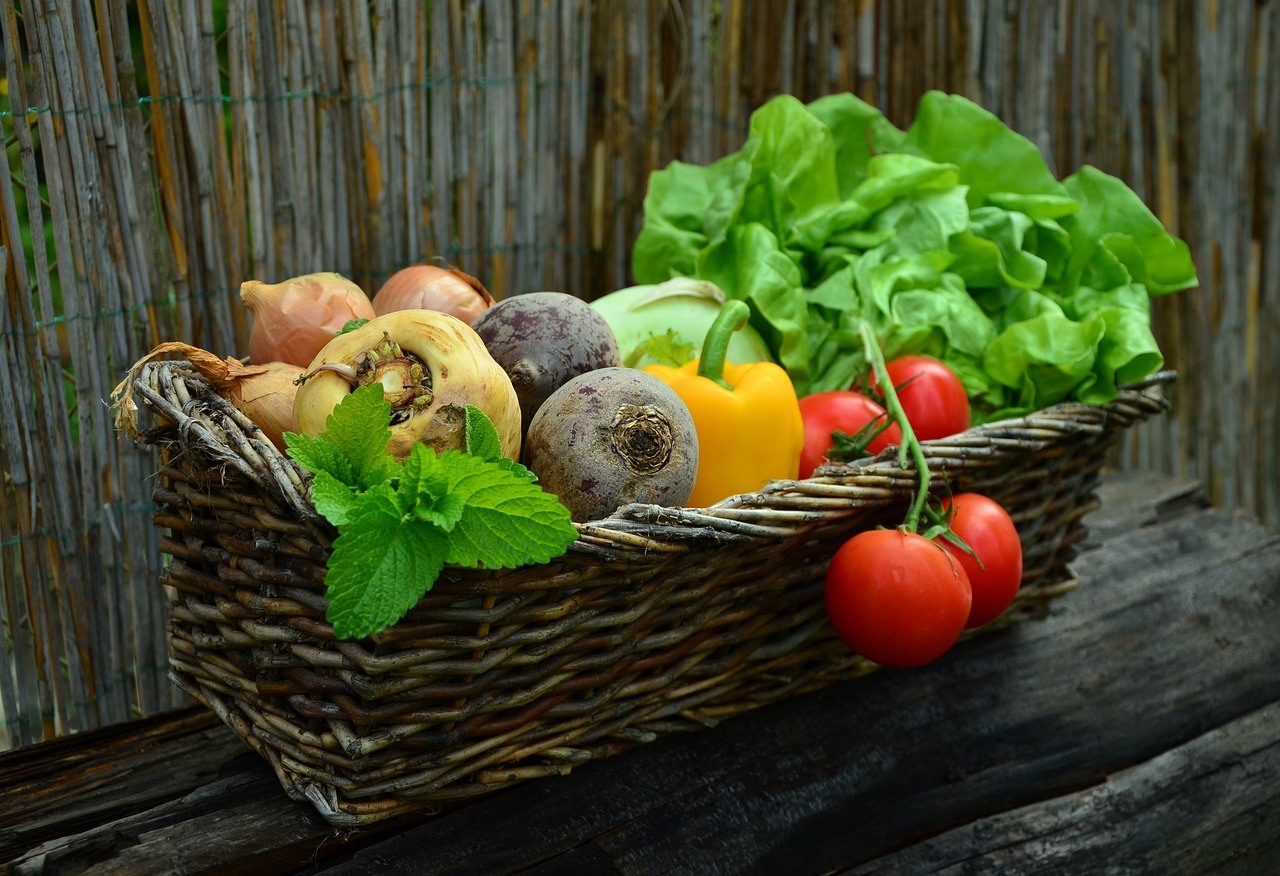On the surface one may expect some breeding plots, some varietal trials and flashy claims about yield, tolerance or special quality innovations. But it goes much deeper than what a customer sees on the surface.
A long-term commitment is a financial commitment over 7-16 years to develop not just one variety/hybrid but a portfolio to meet customers’ diverse needs. Think about that for a while with all the different types of tomatoes, lettuce, peppers, carrots and other vegetable crops. Then include the long-term commitment to specific crops that a seed company commits to and you start realizing how much of a commitment this can be. Estimates to develop a variety range from $1-2 million, a hybrid ~$5 million and other non-GMO traits such as disease, stress or yield traits can be significant.
We’ve come a long way since Mendel as plant breeding is a discipline that is comparable with computer science. In fact, at an average investment of 15% of revenue (i.e. turnover) which can lean more to 20-30%, vegetable companies commit to satisfy unmet grower/consumer needs… 7-16 years ahead of when they show up in grocery stores or processing facilities. In a society where consumers have the “thanks, what have you done for me today?” mentality, there is an existential challenge for seed companies to share their stories.
University breeding programs are on a different track but have made headway regarding specialty crops like fruits and vegetables. New approaches to collecting royalties have done wonders for funding breeding programs from the long-term perspective. Unfortunately, royalties only account for a small percentage of breeding program funding (~10-15%) and most university funding is from university funding, checkoff dollars or USDA grants. And it’s more unfortunate that these types of funding are short-term, 1–3-years perspective. You can’t keep a breeding program alive with stop-start funding. This issue needs addressing and is one of my personal goals during my tenure.
Plant breeders and all the outstanding research scientists are the unsung heroes of our seed and crop sector. Their long-term efforts to meet un-met grower/consumer needs should be shouted from the highest mountain peaks.
Breeding innovations include agronomic benefits like higher yields in both open field and controlled environment applications (CEA), hybrid expansion across more crops, reduced harvesting expenses with taller broccoli or head lettuce, or high-density leafy greens, stress mitigation for higher water use or nutrient efficiency and less harvest trim losses from disease tolerance/resistance like fusarium, downy mildew or TBRV.
On the consumer benefit, think about the large variety of options at your grocery store — more crops offered year-round, in a variety of colors and sizes with different flavors and sizes. We now have purple tomatoes in addition to all the other colors, 17 different lettuce types with a variety of colors and leaf shapes, multicolored carrots, refrigerator-sized watermelons, purple cauliflower, mild-tasting onions, multitudes of peppers as well as crops with higher nutritional value compared to their predecessors!
Plant breeders continue to leave a lasting impact shown by some European economists estimating that today’s seed genetic potential impact on farm yield for some crops has increased from 50% to ~70%[1]. Think about all the varietal/hybrid offerings, blemish free product, quality objectives and better-tasting vegetables!
Thank a plant breeder today… and ask them what we’ll see in 7-14 years from now!
[1] HFFA Research GmbH.-Steffen Noleppa. The economic, social and environmental value of plant breeding in the EU. 18.03.2016.













